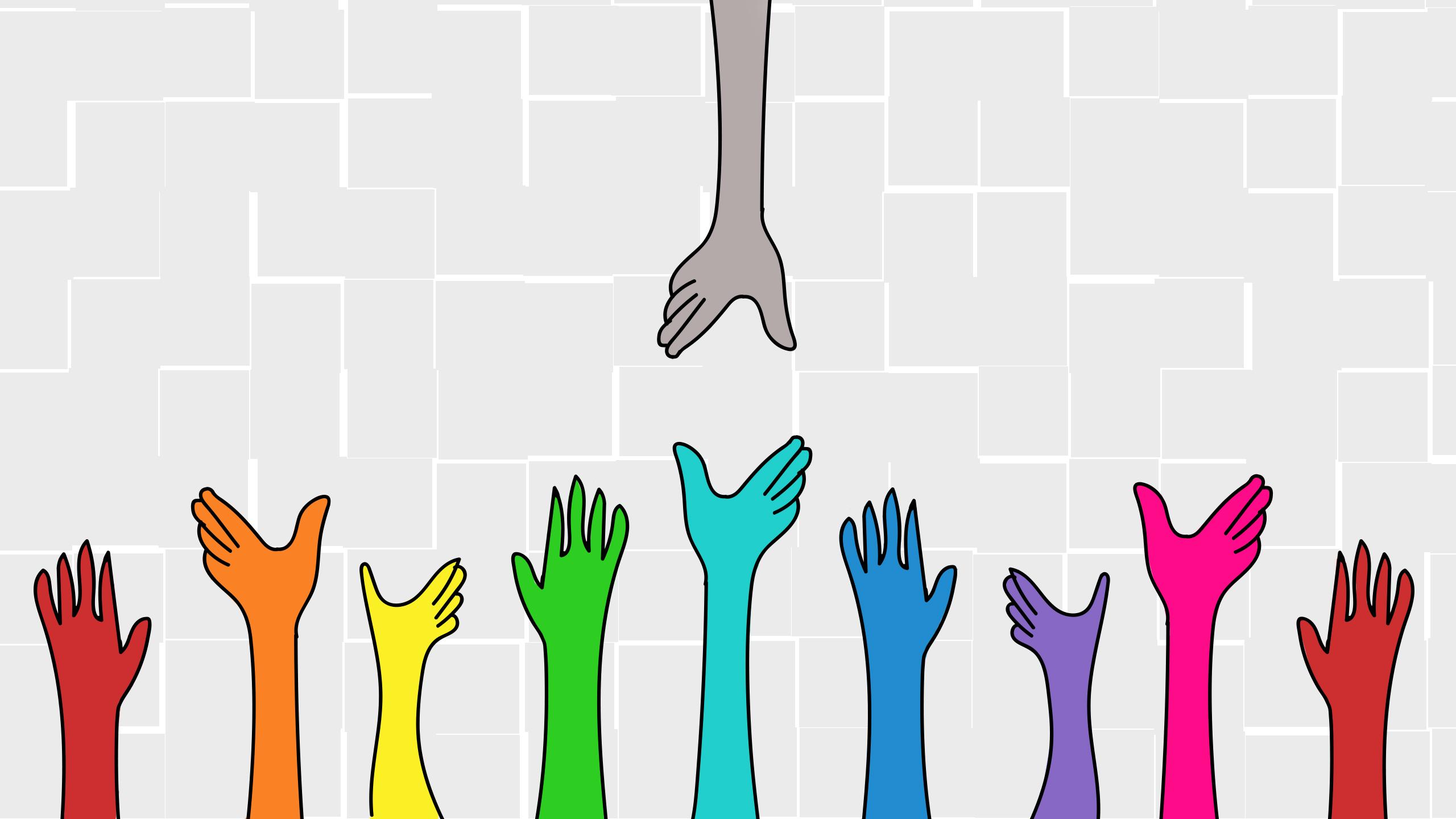By Isabelle Kirkwood
Following a recent groundswell in high-profile assault allegations embodied by the #MeToo movement, some support services at Ryerson are experiencing increased traffic with regards to cases of sexual violence.
There are several services at Ryerson a survivor may choose to use after being sexually assaulted. One such place is the Office of Sexual Violence Support and Education (OSVSE), which directs resources, accommodations and medical referrals to survivors.
Farrah Khan, coordinator of the OSVSE, said that since the #MeToo movement picked up speed in mid-October, the office has seen a 50 per-cent increase in requests.
“While the increase in requests could be attributed in part to the #MeToo movement, there are other factors to consider as well,” Khan wrote in a email to The Eyeopener.
“For many survivors of sexual violence, seeing #MeToo can be extremely triggering,” Khan said. “[The OSVSE] offers a wide variety of resources and support for those triggered by the movement.
She said the beginning of the school year typically brings a high occurrence of assaults.
Khan added that in the fall, the office expanded its staff and “broadened their outreach and programming options.”
A more long-term service for survivors is the Centre for Student Development and Counselling (CSDC) at Ryerson, which offers face-to-face counselling by a team of psychologists, counsellors, and masters and doctoral interns.
Director of Student Health and Wellness Allan MacDonald oversees the CSDC and said there were seven per cent more initial appointments between September 2017 and January 2018 than compared to the same period in 2016 to 2017.
He said this rise is likely due to a variety of factors the CSDC doesn’t have specific information on.
“For many survivors of sexual violence, seeing #MeToo can be extremely triggering”
“Generally, any increase in attention on mental health issues can result in more students accessing counselling at the CSDC,” MacDonald wrote to The Eye.
He added that students who’ve been affected by sexual assault are offered a same day or crisis appointment and referred to support resources that they can access without a wait time.
Off campus, the Toronto Rape Crisis Centre/Multicultural Women Against Rape (TRCC/MWAR) is a group for those who seek to communicate and mobilize to prevent rape and sexual assault.
A staff member told The Eye the approximate wait list duration for an appointment is eight months, but the actual duration is difficult to predict.
In January, the Toronto Star reported wait times at the TRCC/MWAR increased to as long as 15 months and that staff and volunteers manning the service’s 24-7 helpline say they’ve received about twice as many calls per shift than usual since about mid-October.










Leave a Reply